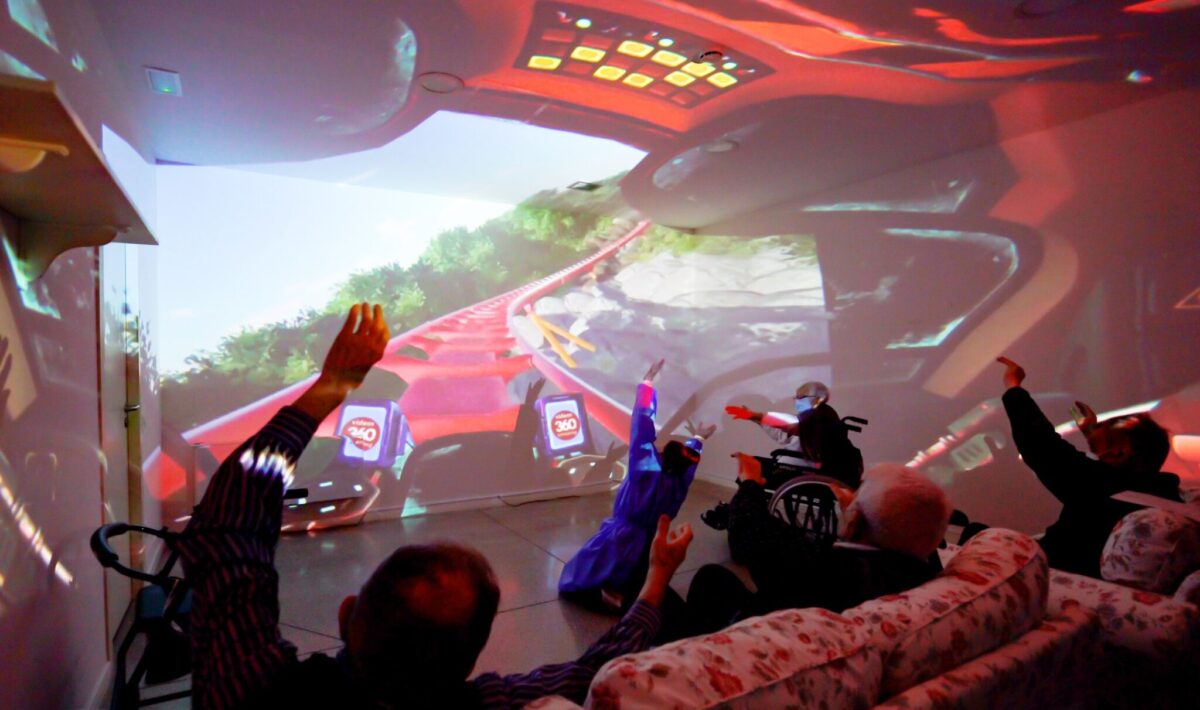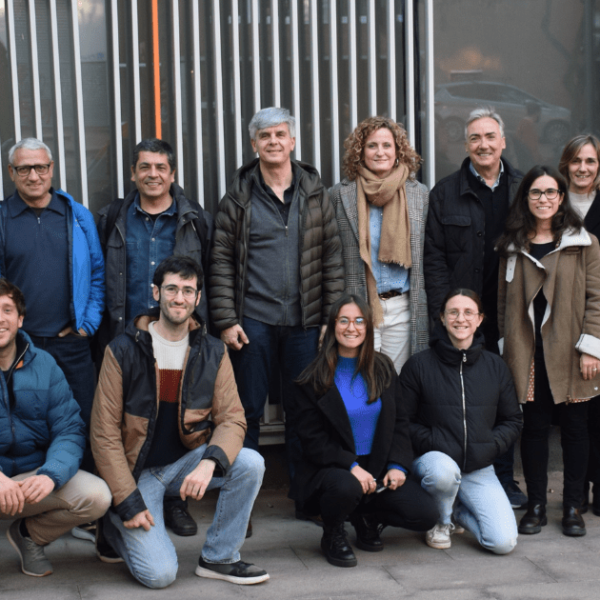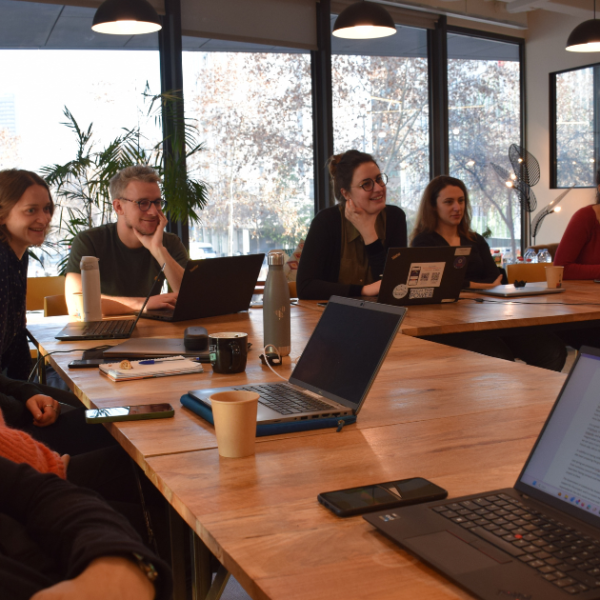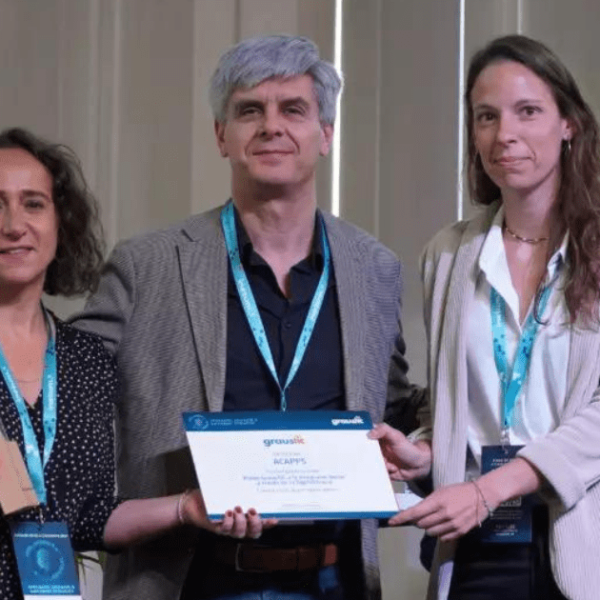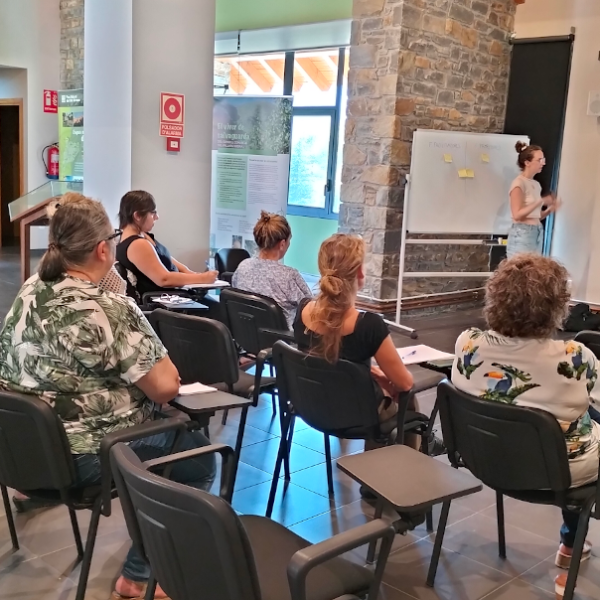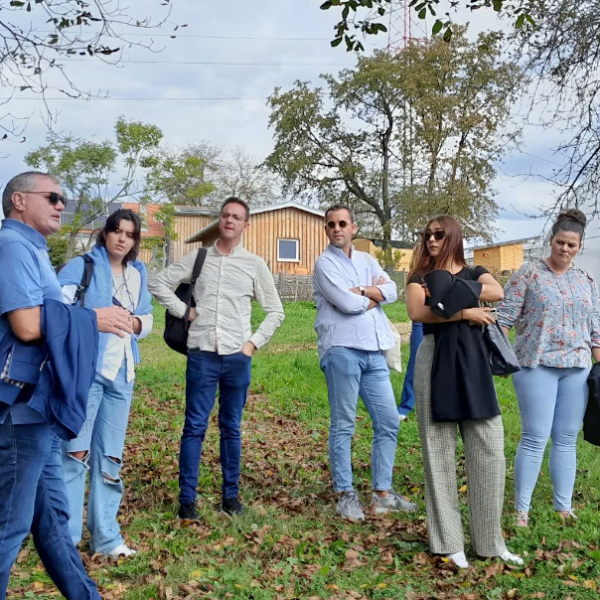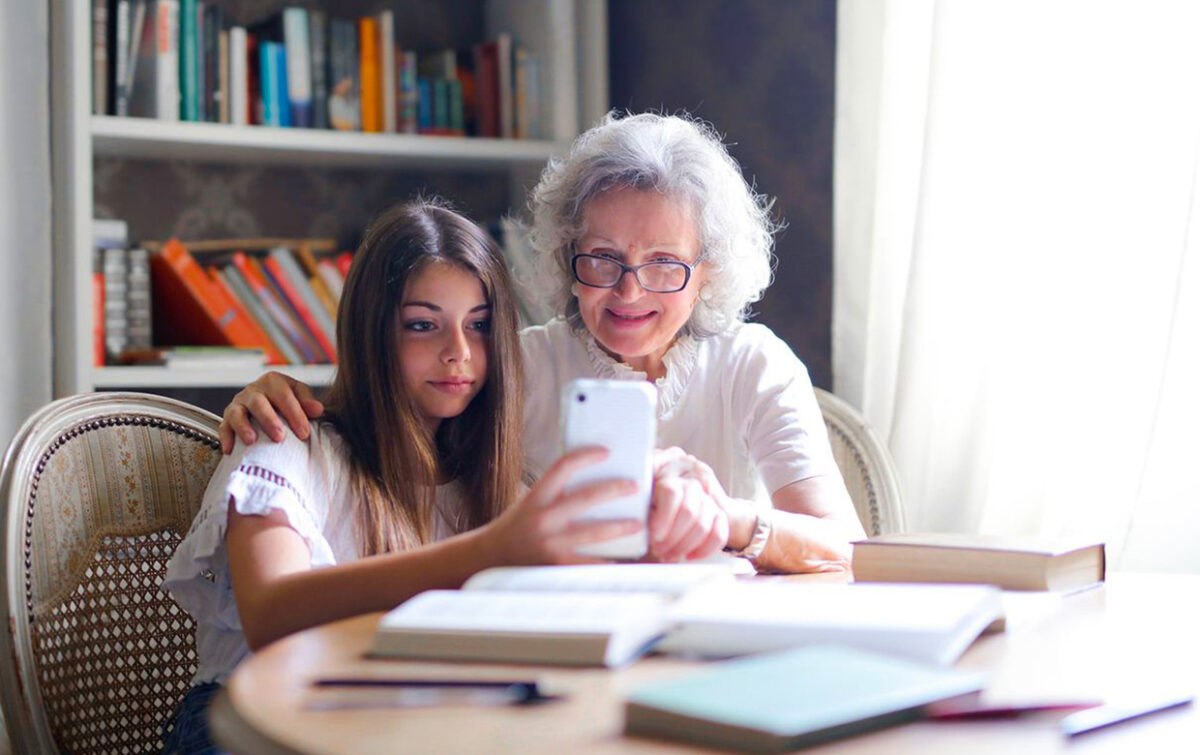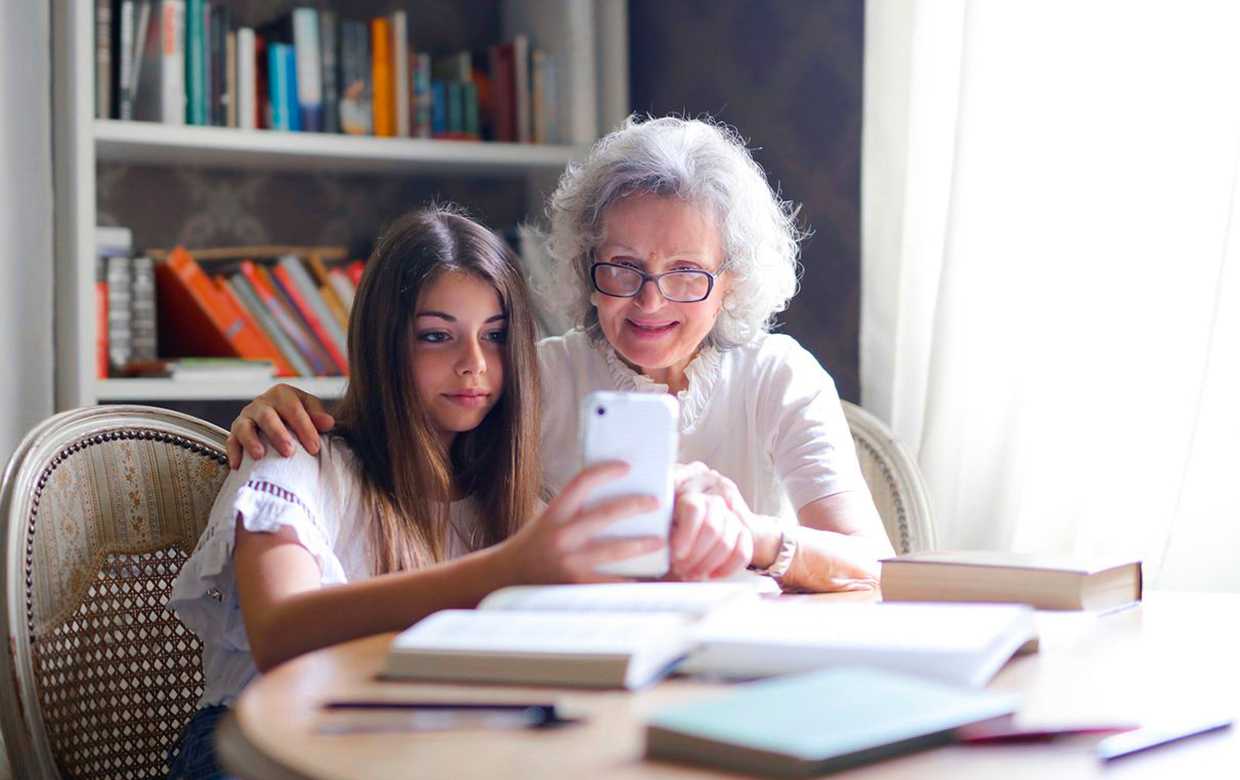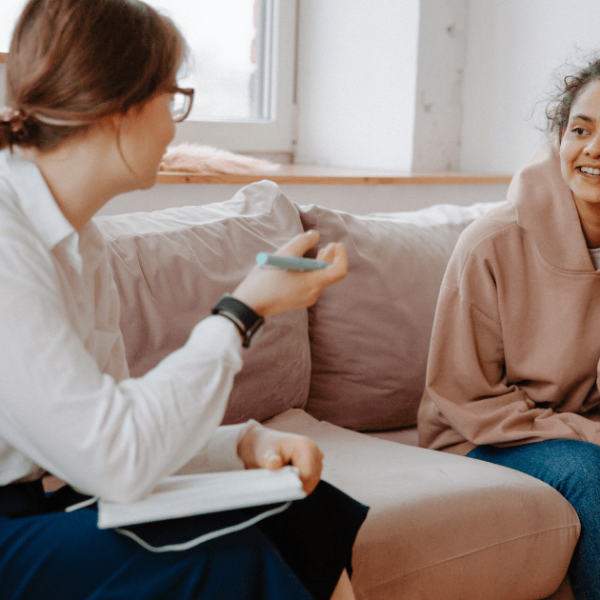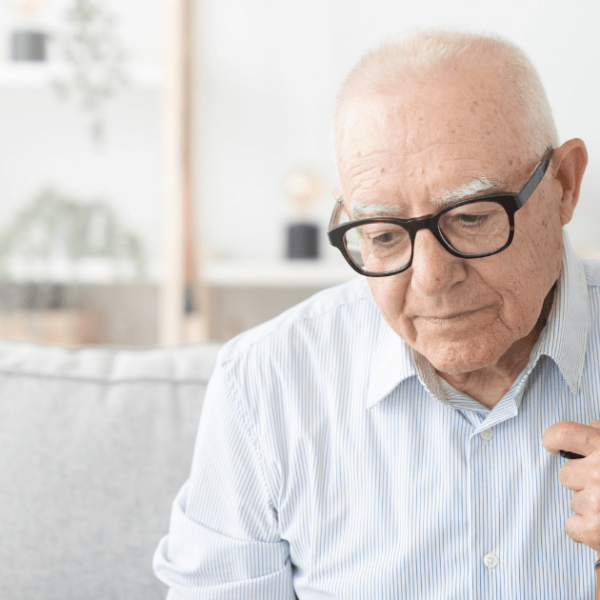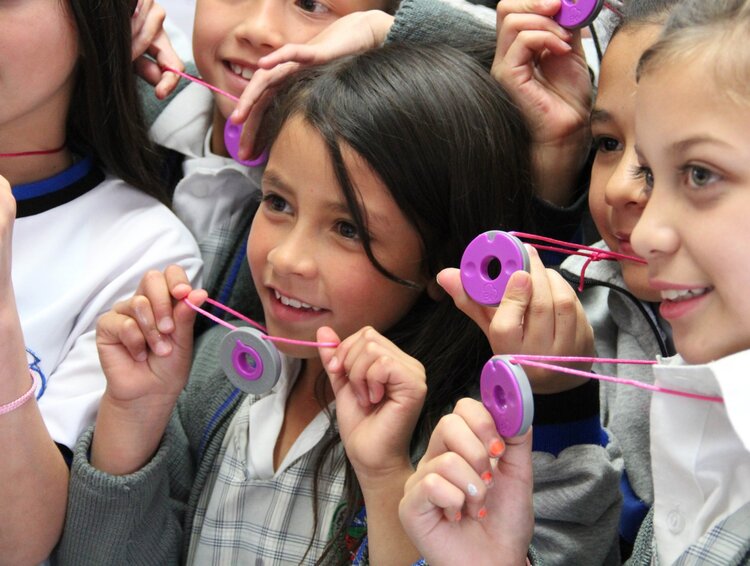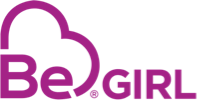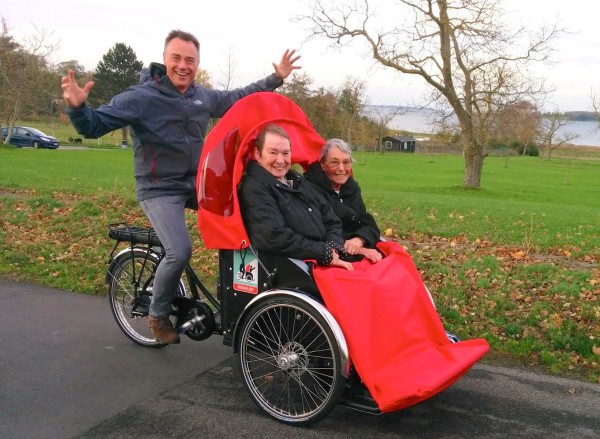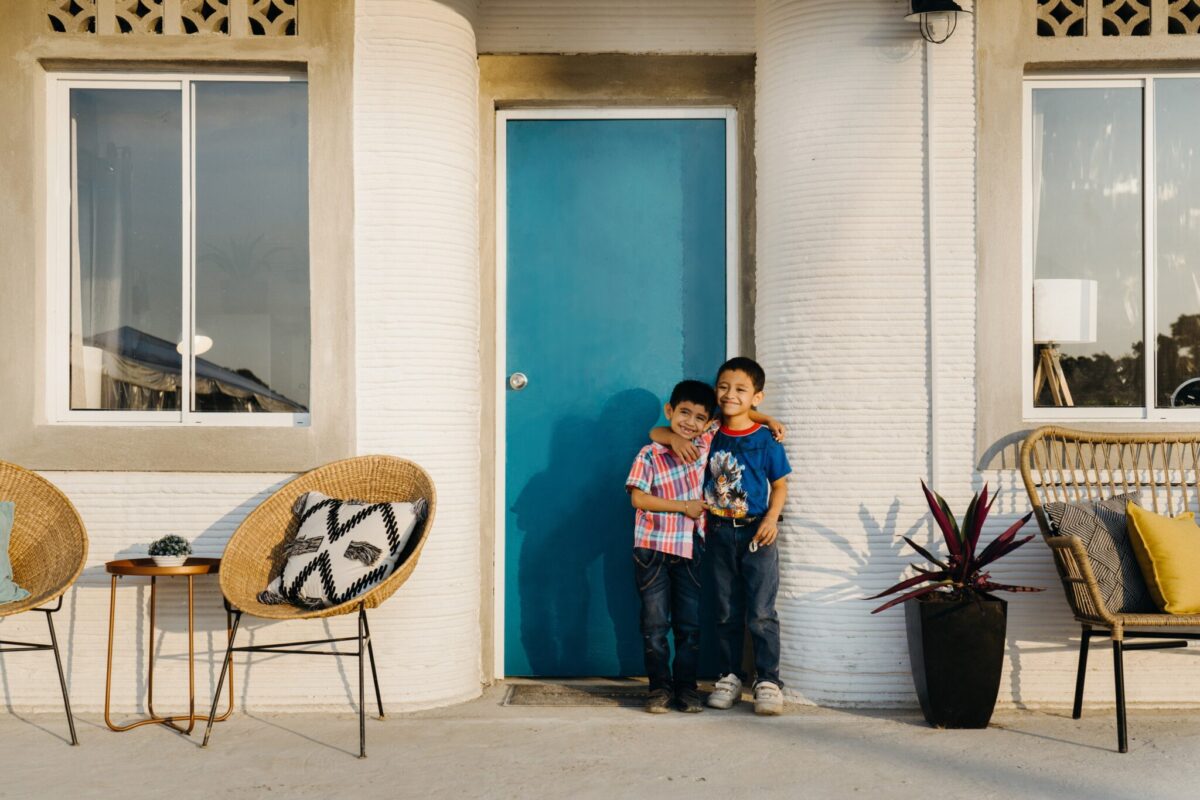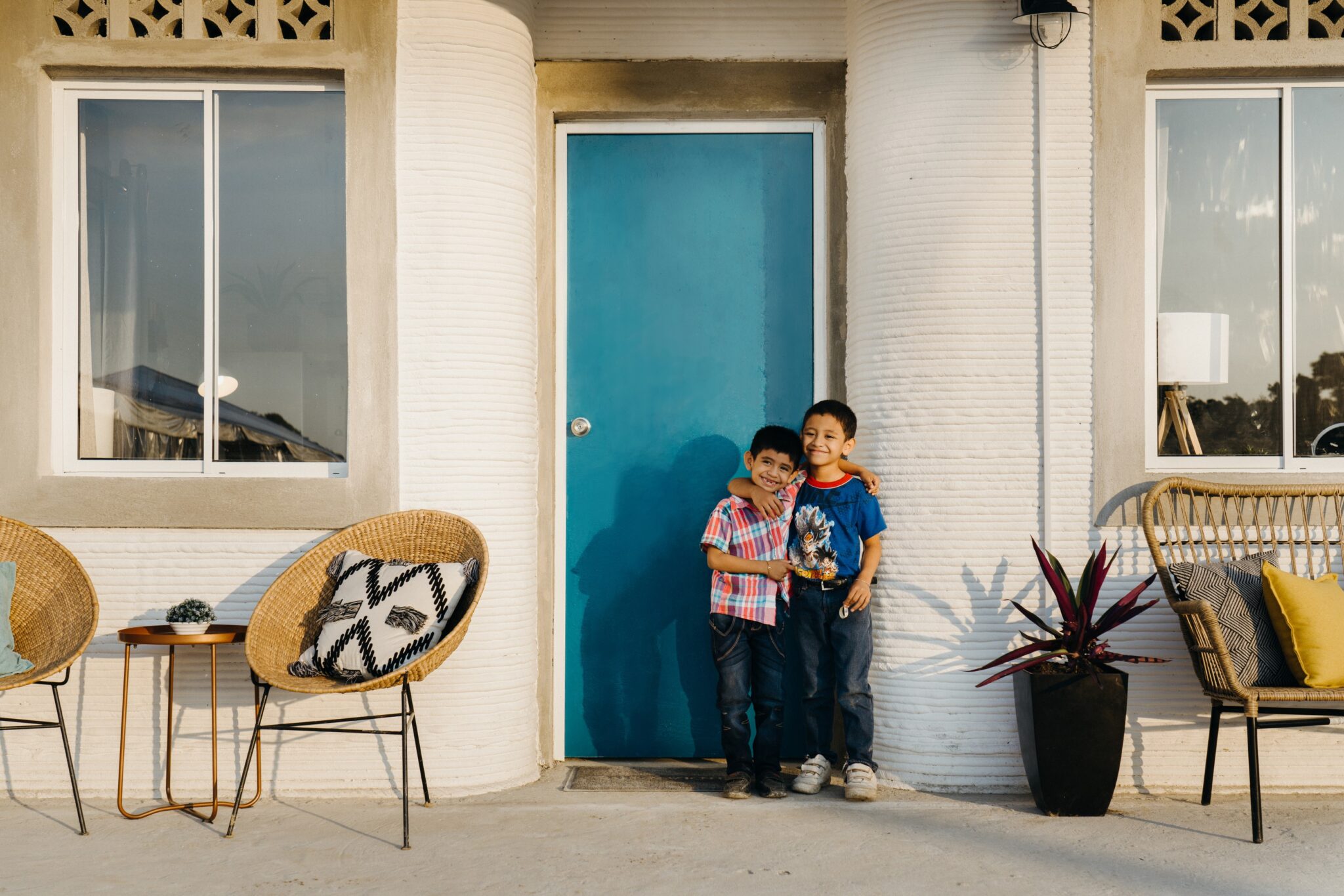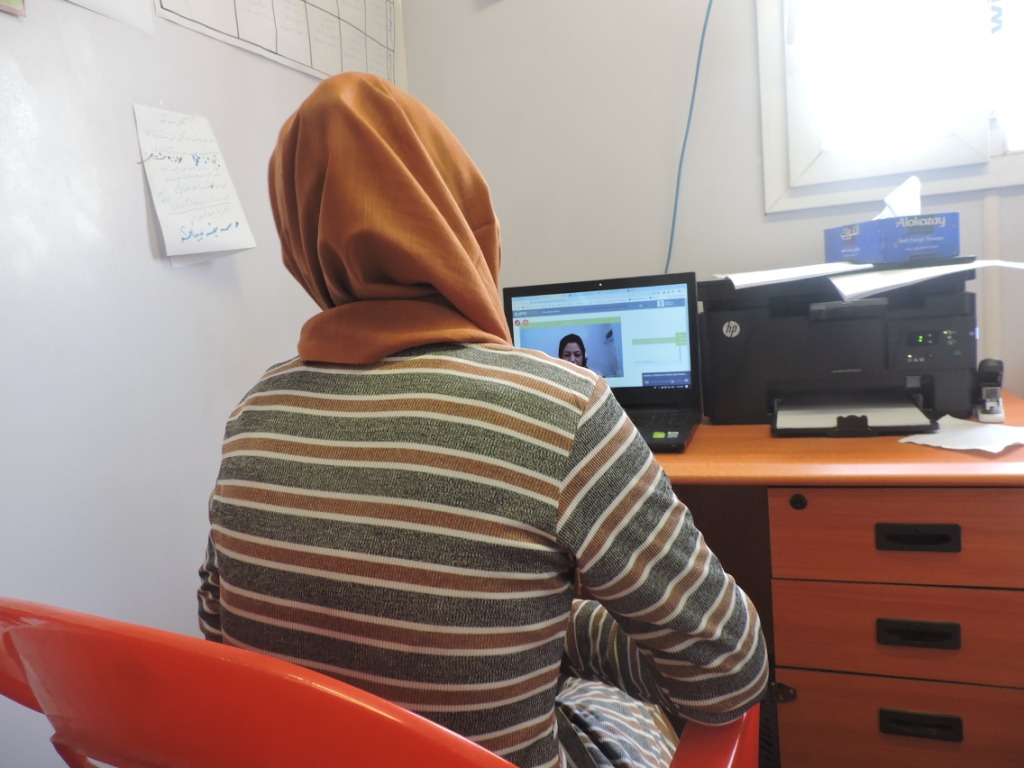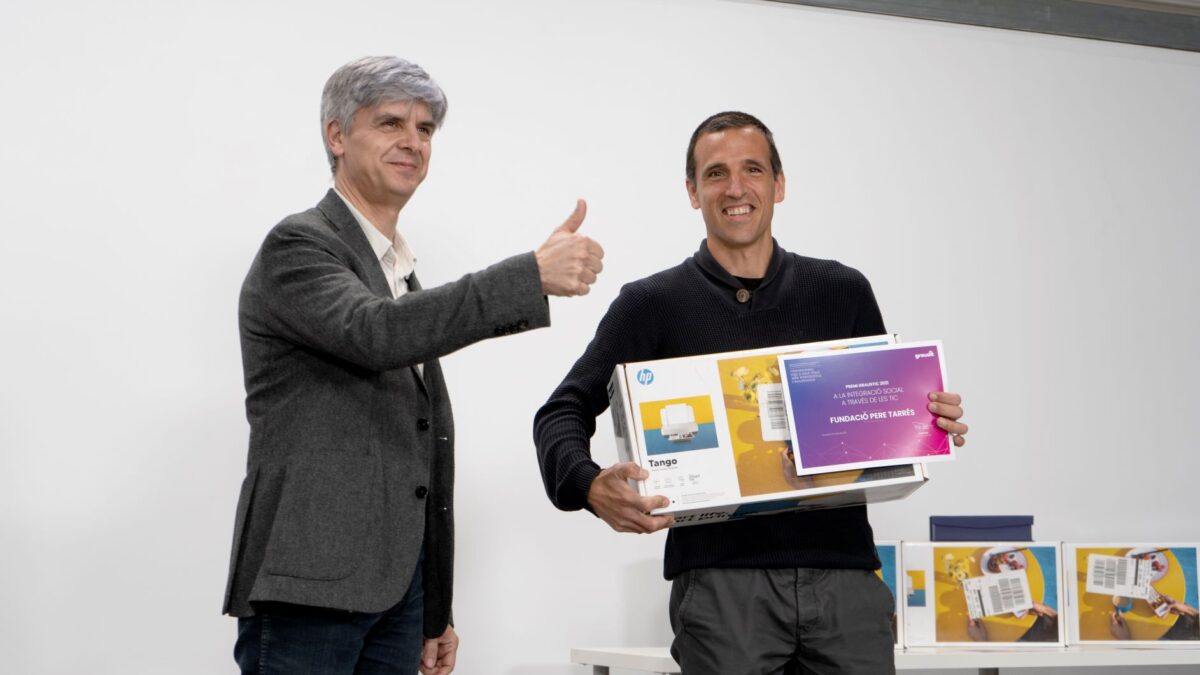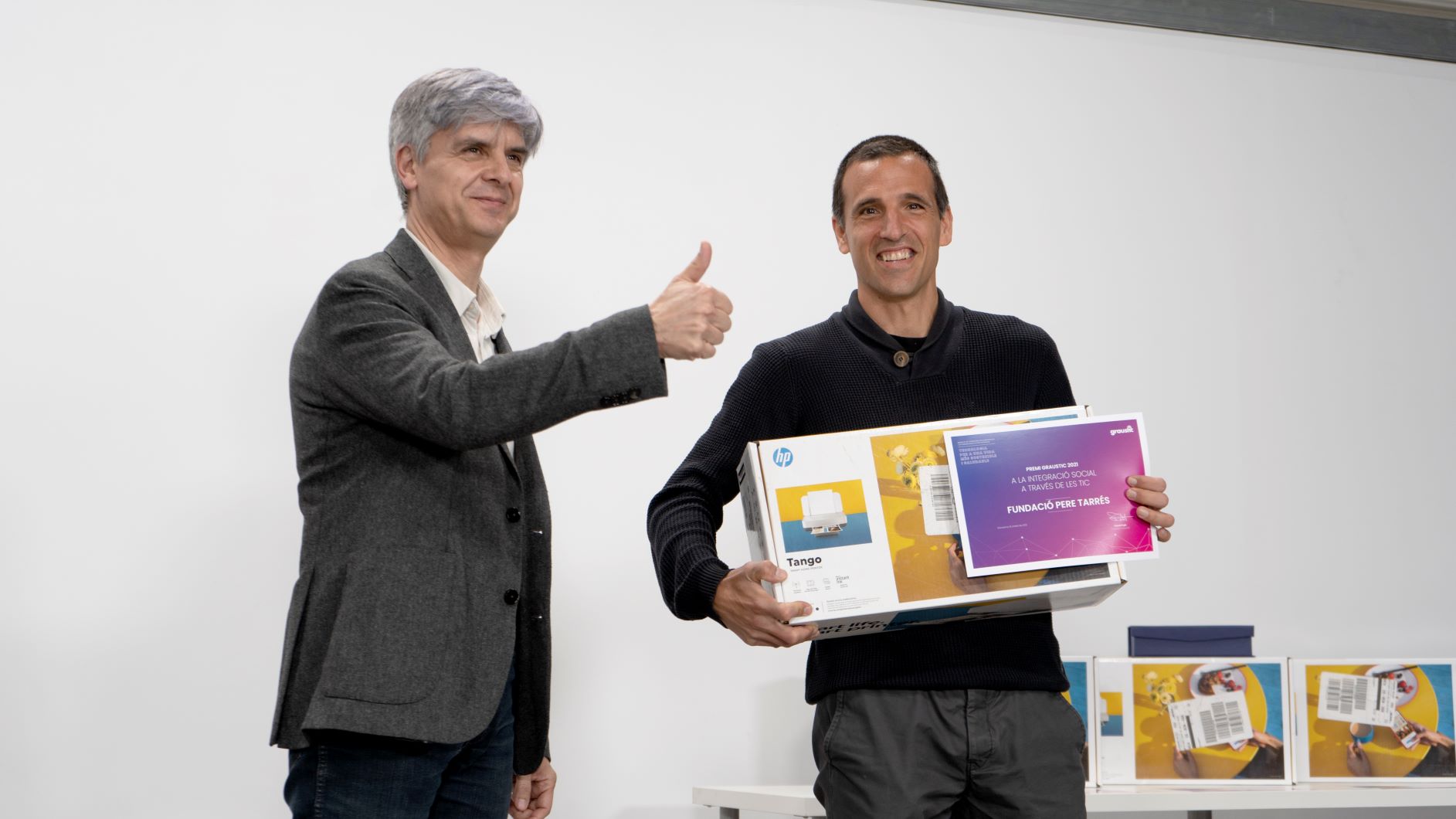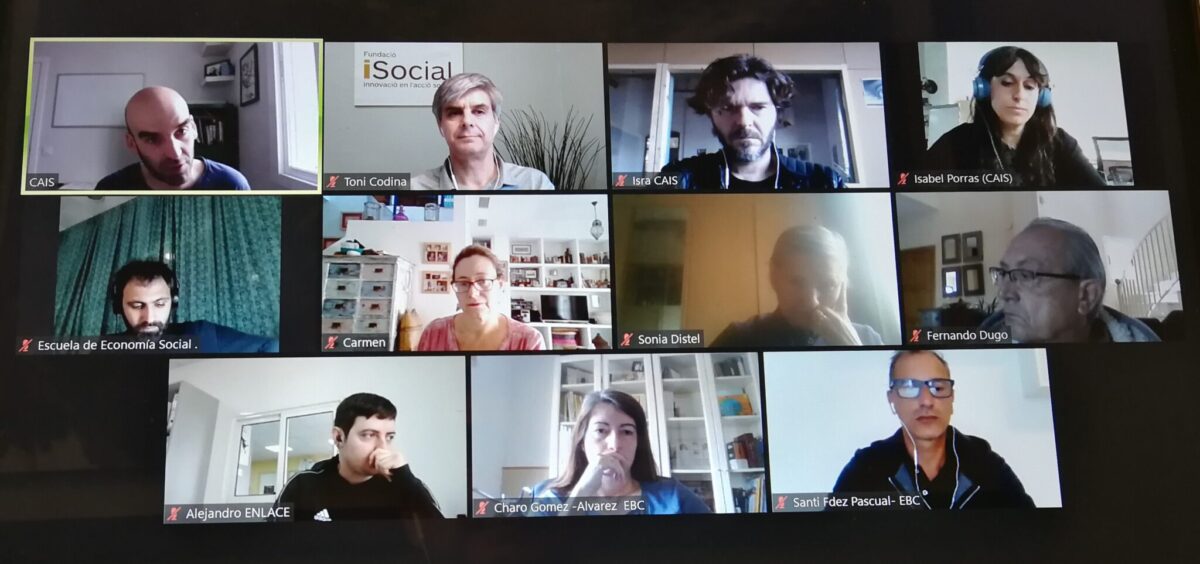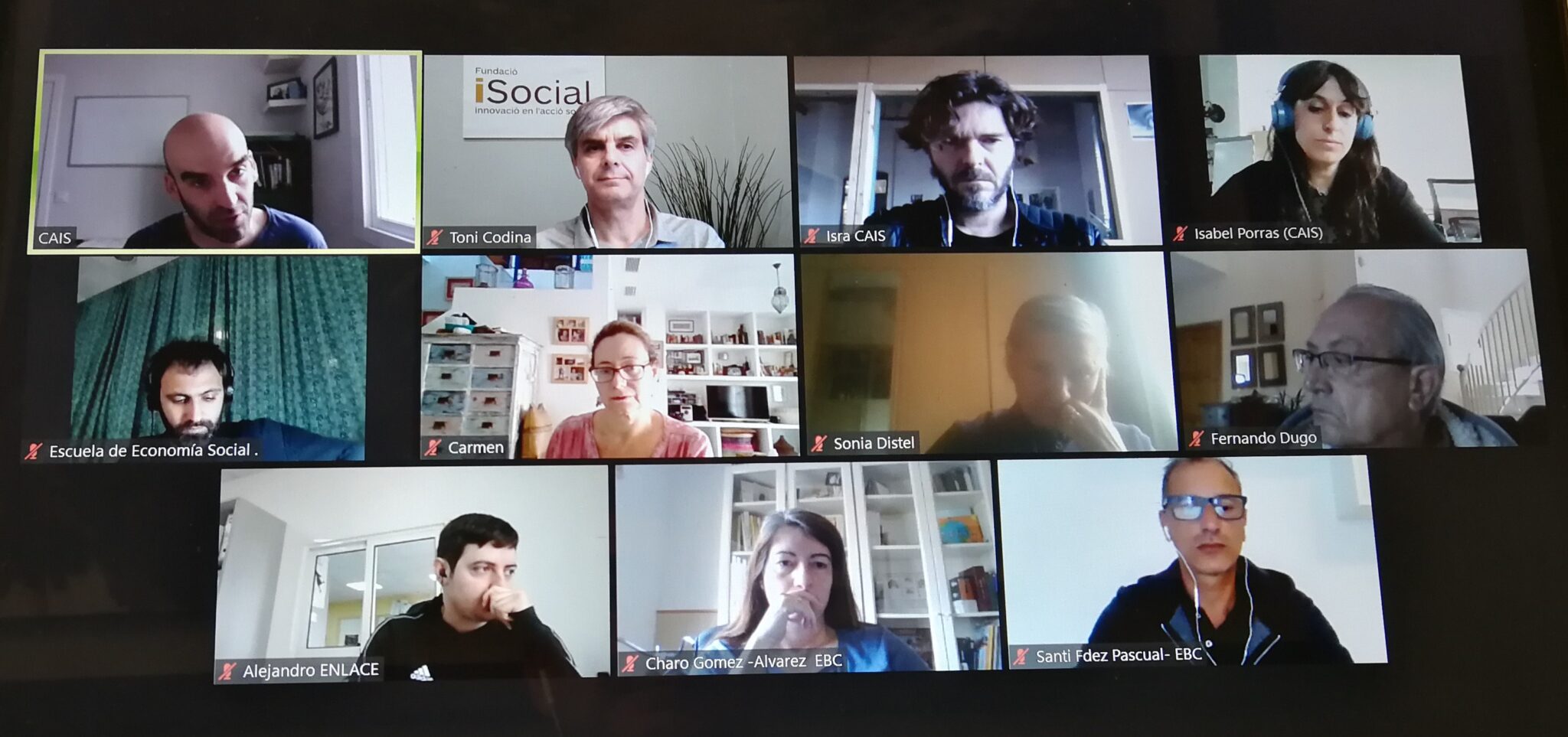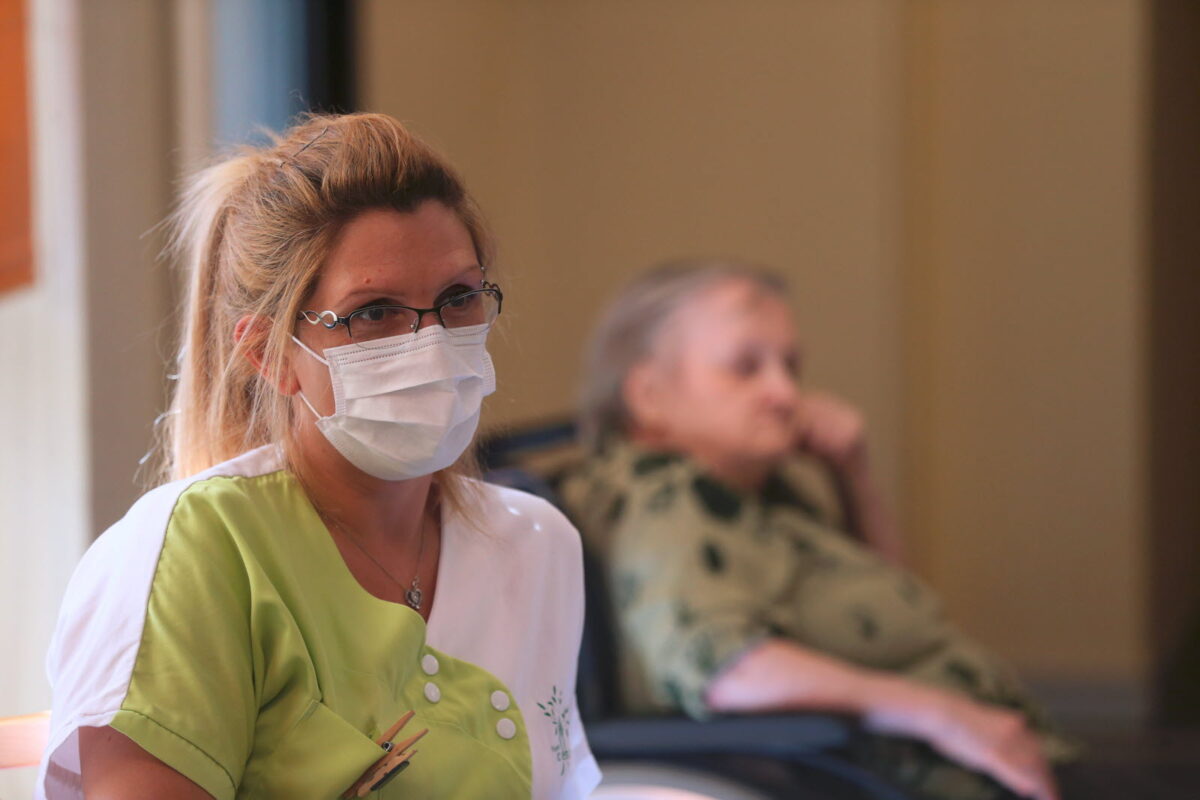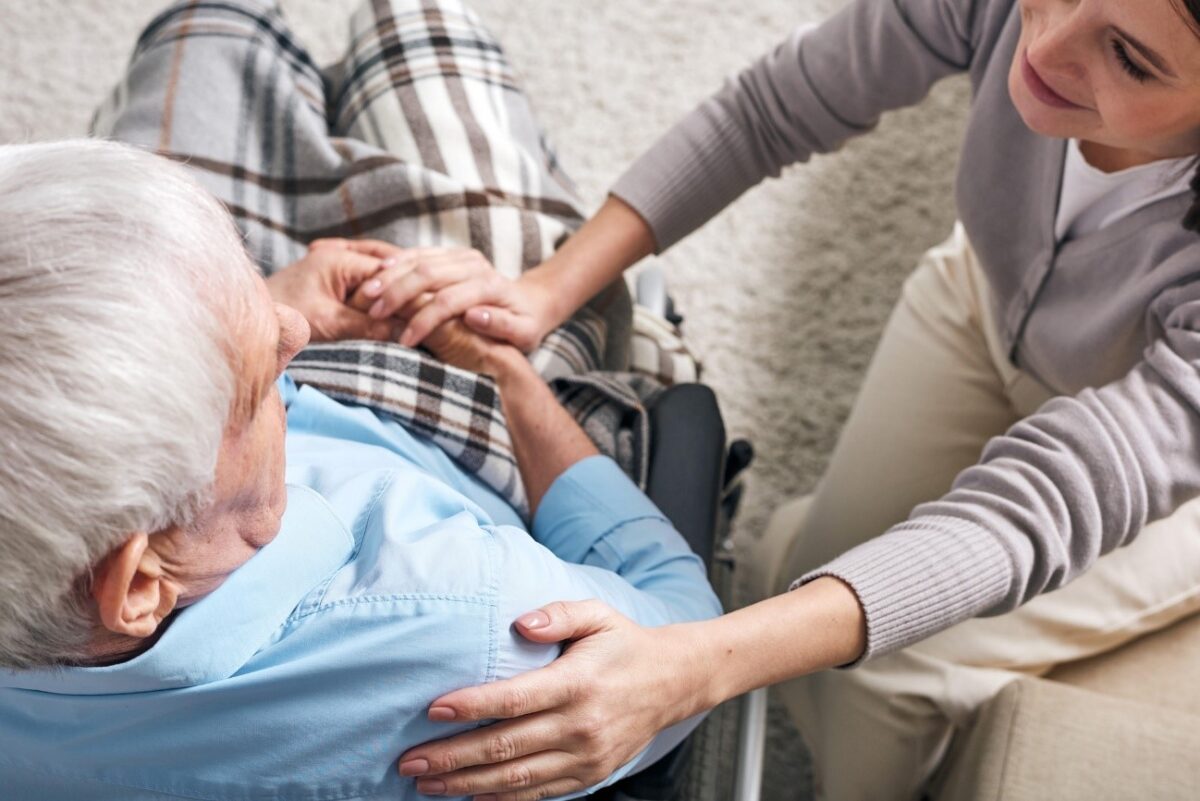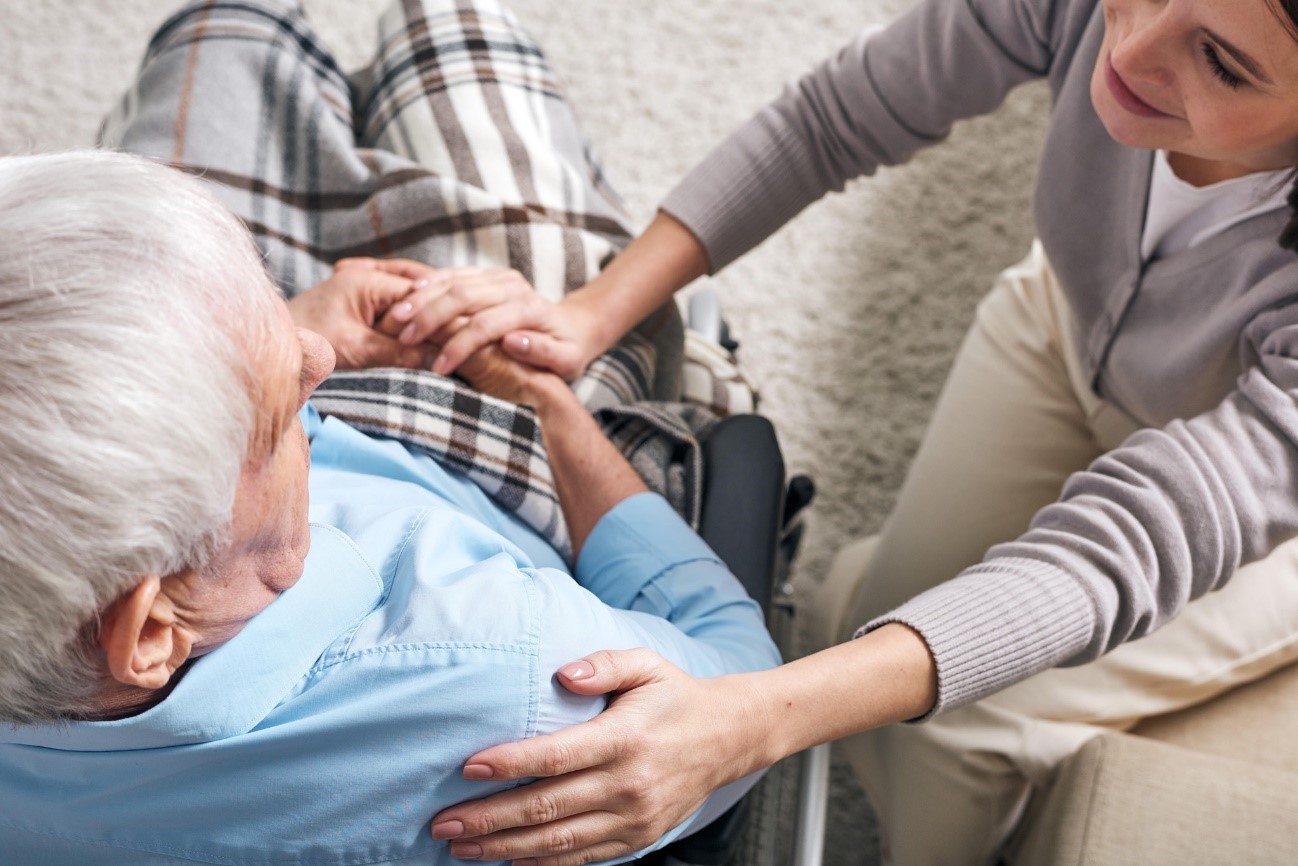The “Innovation Coffees in social services”, a new bimonthly activity of iSocial
The “Innovation Coffees in social services”, a new bimonthly activity of iSocial
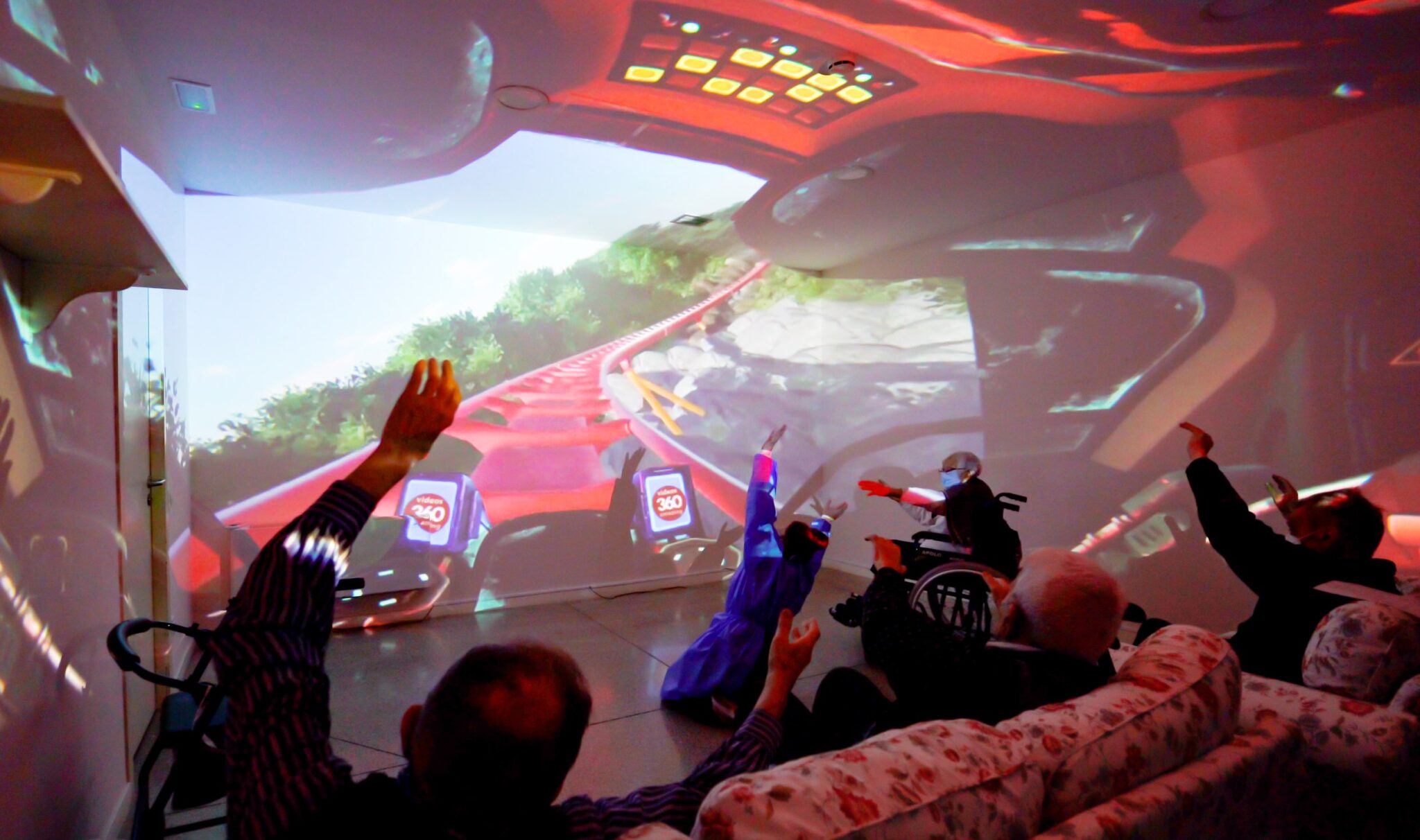
On 14 June, the iSocial Foundation will launch a new activity aimed at professionals of its member organizations: the “Innovation Coffees in social services”. This is a bimonthly activity, aimed at sharing knowledge about innovative initiatives of interest to our sector.
The 1st Coffee will be dedicated to exploring the possibilities that immersive technology can provide to improve intervention in social services, based on real experiences that are already being carried out today.
Immersive technology makes it possible to generate virtual environments that have more and more applications in fields such as health, education, etc., and that can also be useful in social services: aging, mental health, addictions, disability, caregivers, vulnerable young people, etc.
The Catalan company Broomx will be the guest of this 1st Innovation Coffee, as it has developed a pioneering technology that is becoming more successful, here and in other countries, because it does not use 3D glasses but allows you to create immersive spaces in the facilities of any service or entity.
The Coffee will consist of a welcome by Montse Cervera, president of iSocial, a presentation and demo by the representatives of Broomx: Ignasi Capellà, Co-founder & CMO; Robert Cornfield, Business Development, and Nile Baron, Sales Development Rep; and an open debate among participants to identify possible new applications for the social sector.
This first Coffee will take place virtually, and the next Coffees planned for this year 2021 will be dedicated to new methodologies of social intervention with ni-ni young people; remote accompaniment and support systems for people with disabilities or mental illness; and therapeutic gardens for people with long-term care needs.
Actualitat

